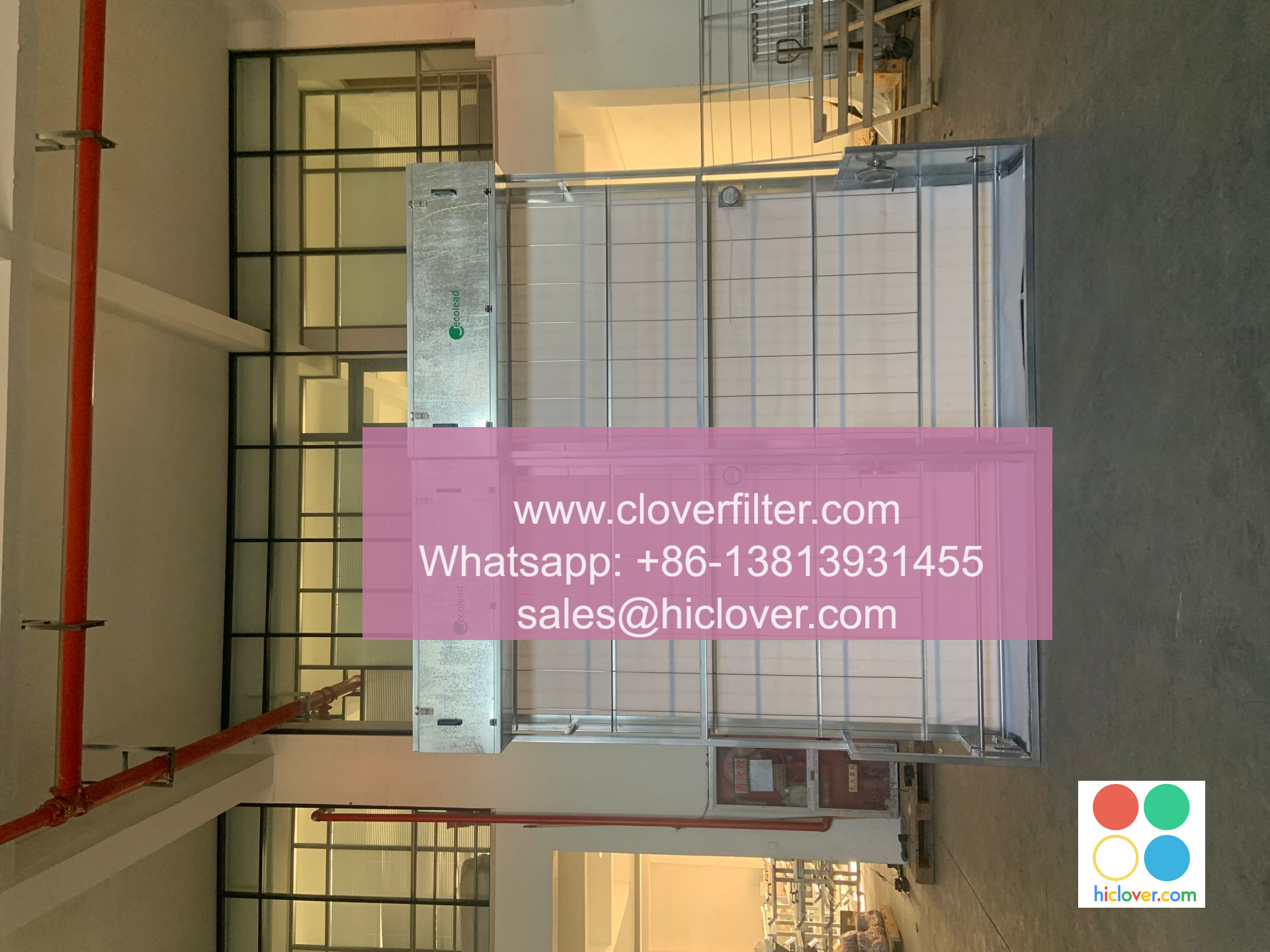The Application of Automatic Roll Air Filters on Newfoundland Offshore Oil Platforms

The harsh marine environment of Newfoundland’s offshore oil platforms poses significant challenges to the maintenance and operation of these facilities. One of the critical systems affected by this environment is the air intake system, which is essential for the proper functioning of gas turbines, diesel engines, and other equipment. Traditional air filters have been used to protect these systems, but they often become clogged with salt, moisture, and other contaminants, leading to reduced efficiency, increased energy consumption, and premature equipment failure.
To address these issues, automatic roll air filters have been increasingly adopted on Newfoundland offshore oil platforms. These filters use a rolling mechanism to continuously replace the filter media, ensuring a consistent flow of clean air to the equipment. The automatic roll air filter consists of a motorized roll of filter media, a filter frame, and a control system. As the filter media becomes dirty, the roll is advanced, replacing the dirty section with a clean one. This process can be set to occur at predetermined intervals or based on pressure differential measurements.
The application of automatic roll air filters on Newfoundland offshore oil platforms offers several benefits. Firstly, they provide a significant reduction in maintenance costs and downtime. Traditional air filters require frequent replacement, which can be a time-consuming and labor-intensive process, especially in remote offshore locations. Automatic roll air filters, on the other hand, can operate for extended periods without requiring maintenance, reducing the need for spare parts and minimizing the risk of equipment failure.
Secondly, automatic roll air filters improve the overall efficiency of the air intake system. By ensuring a consistent flow of clean air, these filters help to optimize the performance of gas turbines, diesel engines, and other equipment, resulting in reduced energy consumption and lower emissions. This is particularly important for offshore oil platforms, where energy efficiency and environmental sustainability are critical considerations.
Thirdly, automatic roll air filters provide enhanced protection against corrosion and damage caused by salt, moisture, and other contaminants. The continuous replacement of the filter media ensures that the air intake system is always protected, even in the most challenging environmental conditions. This helps to extend the lifespan of equipment and reduce the risk of costly repairs and replacements.
In addition to these benefits, automatic roll air filters also offer improved safety and reliability. By reducing the risk of equipment failure and minimizing downtime, these filters help to ensure the continuous operation of critical systems, such as emergency generators and firefighting equipment. This is particularly important for offshore oil platforms, where safety and reliability are paramount.
The installation and operation of automatic roll air filters on Newfoundland offshore oil platforms require careful planning and consideration. The filters must be designed and configured to meet the specific needs of the platform, taking into account factors such as air flow rates, pressure drops, and environmental conditions. Regular maintenance and inspection are also essential to ensure the optimal performance and longevity of the filters.
Conclusion:
In conclusion, the application of automatic roll air filters on Newfoundland offshore oil platforms offers a range of benefits, including reduced maintenance costs and downtime, improved efficiency, enhanced protection against corrosion and damage, and improved safety and reliability. As the offshore oil and gas industry continues to evolve, the use of automatic roll air filters is likely to become increasingly important, particularly in harsh marine environments where traditional air filters are often ineffective. By adopting this technology, platform operators can help to ensure the optimal performance, safety, and sustainability of their facilities.
FAQs:
Automatic roll air filters use a rolling mechanism to continuously replace the filter media, ensuring a consistent flow of clean air to equipment. The filter consists of a motorized roll of filter media, a filter frame, and a control system.
The benefits of using automatic roll air filters on offshore oil platforms include reduced maintenance costs and downtime, improved efficiency, enhanced protection against corrosion and damage, and improved safety and reliability.
Automatic roll air filters improve the efficiency of air intake systems by ensuring a consistent flow of clean air, which helps to optimize the performance of gas turbines, diesel engines, and other equipment, resulting in reduced energy consumption and lower emissions.
Yes, automatic roll air filters can be used in other industries, such as power generation, manufacturing, and mining, where air filtration is critical to equipment performance and reliability.


